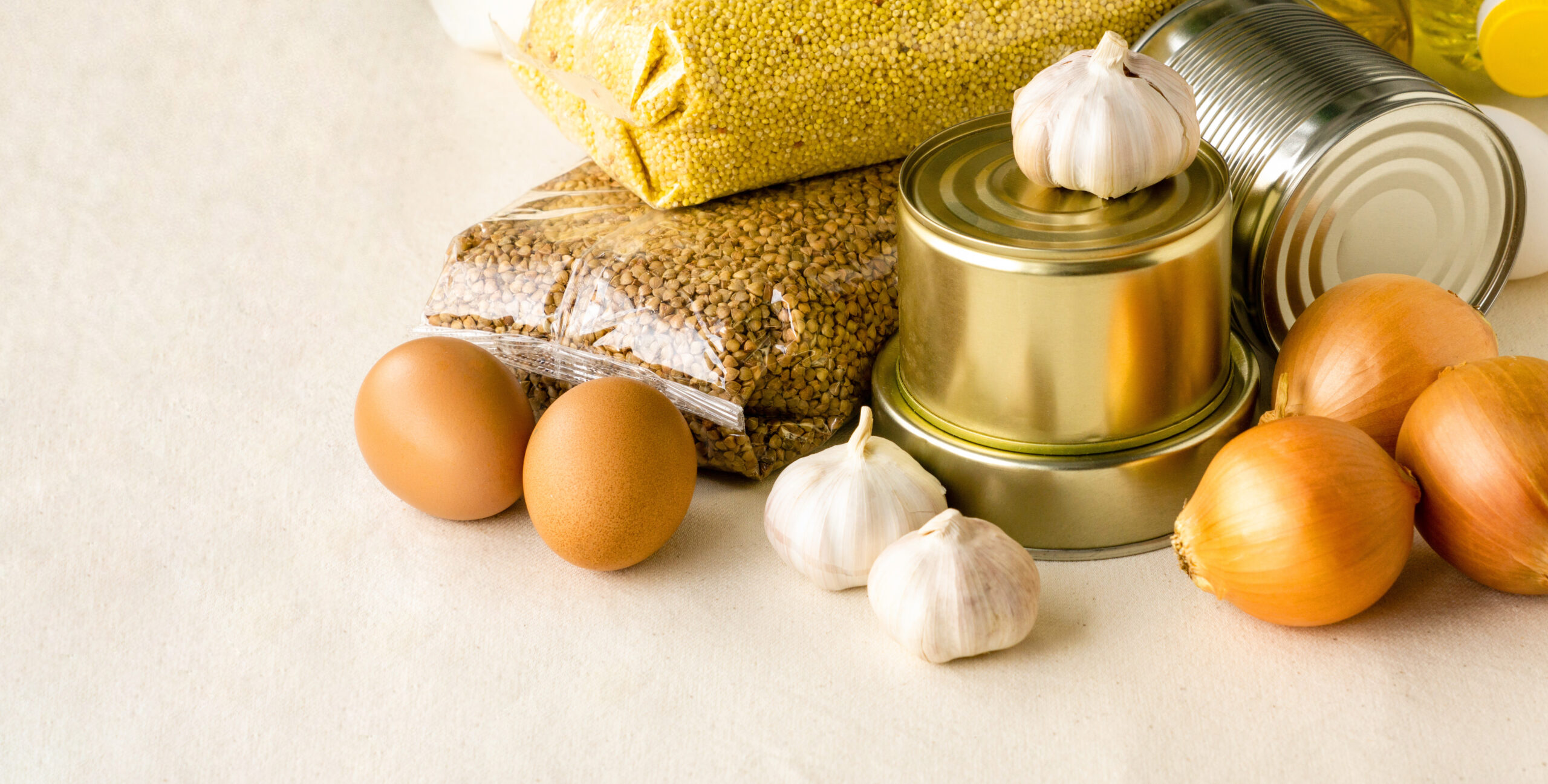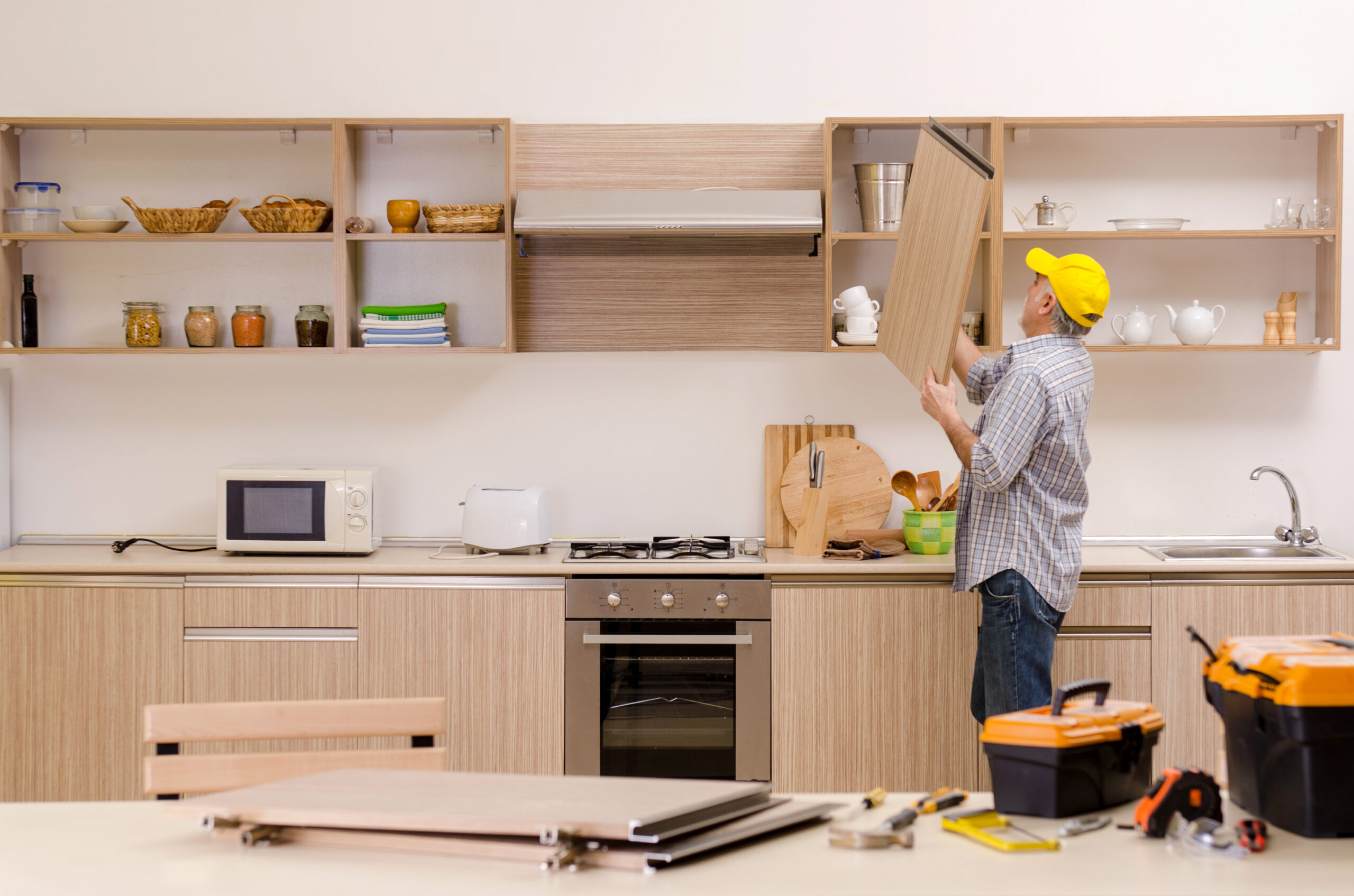Disasters can strike without notice. Hurricanes, tornados, blizzards, and other natural weather events are just the start. Other emergencies might directly impact you, such as financial issues or even a lockdown for a pandemic. These events can be harder to handle if you don’t have emergency supplies and food storage.
Even significant historic events, such as the great depression or the recession of 2008, can take their toll. So planning for emergencies that could last several days or months is prudent, even as you get older. Let’s look at some ways you can prepare with food storage and emergency supplies.
Creating a 72-Hour Kit
When preparing for emergencies, a 72-hour kit is an excellent place to start. This type of kit should include food storage and emergency supplies. Most people trying to handle DIY emergency preparedness will begin with this type of three-day kit.
While you can buy a 72-hour food kit outfitted with everything you might need, this isn’t always the best way to go. For example, in some emergencies, you need your 72-hour kits to be portable so you can leave, such as during a hurricane or another weather event. Plus, a 72-hour food kit might not include items you’re used to eating.
Some of the items seniors should add to their 72-hour kit include:
- Water
- Food
- Flashlights
- Extra Batteries
- Cash
- CPAP Charger
- Cell Phone Charger
- Whistle
- Sanitation Items
- Extra Glasses
This list is just a start when creating a 72-hour kit. The food you store as a part of this kit should be easy to cook or require no cooking. Consider adding a way to cook the food if there is no power, such as a propane burner or canned heat for boiling water.
Also, as you prepare for emergencies, don’t forget about your pets. They will also need specific items to help them through the disaster. Ready.gov offer advice on how to prepare for your pet.
Senior Emergency Preparedness DIY Food Storage
Starting with a 72-hour kit is a safe way to go, but many disasters and emergencies can last much longer than 72 hours. One of the best ways to handle food storage for an emergency is with a fully-stocked pantry.
Buy items you usually eat in canned and boxed form. You can stock up on things when they are on sale and keep a fully stocked pantry that would last you several weeks, if necessary. While the CDC recommends at least a 3-day supply of food, the keyword here is “at least”.
Many disasters and emergencies can last much longer than just three days. It’s wise to have enough food in your pantry to get you through at least a week, if not several weeks. What would you do if you could not get to the grocery store due to a blizzard or hurricane? What if the store doesn’t have the items you need?
Food shortages and toilet paper shortages have already been seen in the past few years. If you have enough food storage and emergency supplies at home for a few weeks or even a few months, you won’t have to worry so much about supply chain disruptions, natural disasters, and other emergencies.
Other Emergency Supplies for Seniors to Include
While food and water are vital in your emergency preparedness plan, there are several other emergency supplies you will want, including:
- Mobility Aids – If you have limited mobility, you will want to have the necessary mobility aids ready to go.
- Quality Medical Equipment – It’s essential to have the proper medical equipment, including CPAP devices, blood sugar monitors, and other items.
- Personal Care Items – If you require specific personal hygiene supplies, make sure you have them.
- Hearing Aids – Having a backup set of hearing aids is a good idea.
- Prescription medications – You will need to speak with your doctor, but it’s a good idea to have at least one extra week of necessary prescription medications. For more prolonged disaster situations, look into storing natural remedies that might help with your specific needs.
- First Aid Kit – You want to ensure a complete first aid kit.
Consider the other items you might need to add to your emergency supplies based on what you use regularly.
Make Sure You Have a Plan
While food storage and emergency supplies are something you should have, you also need a plan. As a senior, you want to ensure you have a good support network of family and friends that can assist you if something happens. Make sure someone you trust has an extra key to your home and knows where you have all your emergency supplies.
Discussing a plan with at least one person you trust to help you is essential. If disaster strikes, you want to be able to count on this person to help you, especially if you are unable to help yourself. You might even want to practice your plan just to know it will work.
DIY Emergency Preparedness Goals for Seniors
Having a list of emergency supplies to gather is one thing, but knowing the right goals for you as a senior is another thing. While your goals may differ from someone else’s, it is important to set goals for your food storage and emergency supplies.
Some common goals to have include:
- Build a 30-day supply of food
- Have a backup item for all your daily use items, such as a can opener
- Three to six-month emergency fund with at least $1,000 in cash
- An alternative way to cook with enough fuel for at least one month
Have at least one gallon of water per day for each person and pet in your home for two weeks or longer
Once you reach these goals, you may consider expanding your emergency preparedness goals further. While the chances of an emergency or disaster striking that will last more than a few days are slim, it’s still possible and has happened many times throughout history.



